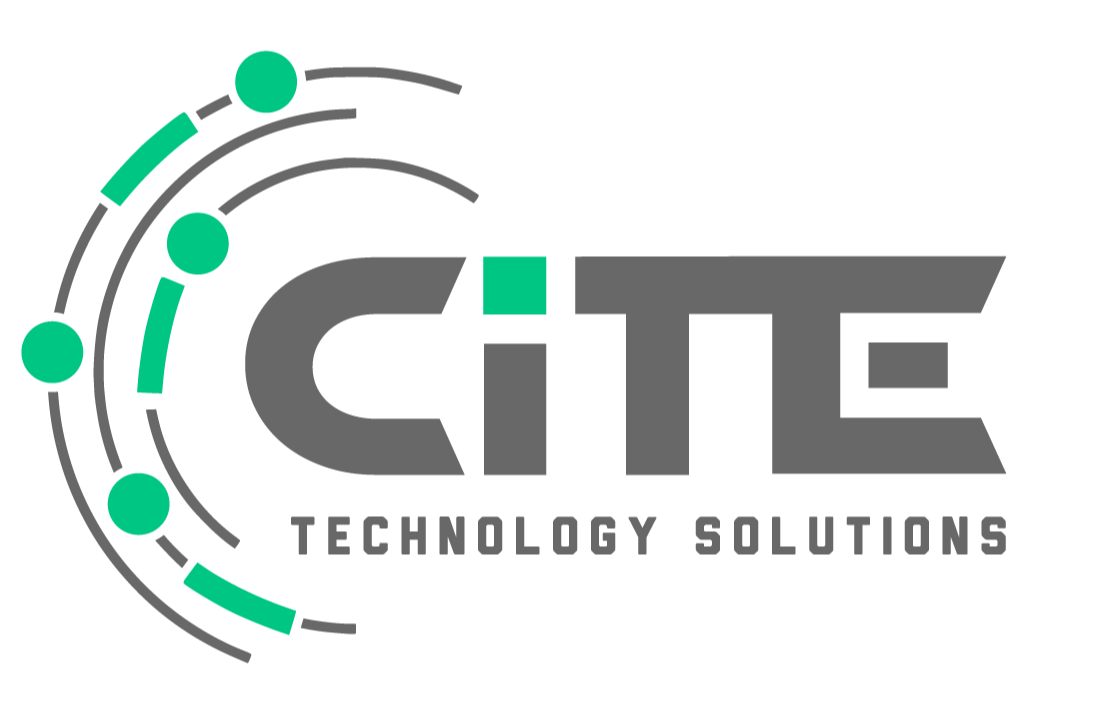
With the looming June 9th deadline, financial institutions must prepare to heighten their security measures. The FTC's Safeguards Rule mandates specific criteria be implemented in order to better protect customers from data breaches and cyberattacks, securing sensitive information and preventing losses of vital customer information. Is your company prepared?
What is the FTC Safeguards Rule?
In 2003, the FTC established the Safeguards Rule to ensure businesses protect consumer data. After 18 years of technological advancement, they amended their original rule in 2021 to provide more concrete guidance for companies on how best to secure customer information. The updated version preserves flexibility while requiring stronger measures that reflect modern security principles - ensuring consumers' private details remain safe from prying eyes.
Who does the Safeguard Rule Apply to?
The Safeguard Rule applies to financial institutions which is defined by the FTC as “any institution the business of which is engaging in an activity that is financial in nature or incidental to such financial activities as described in section 4(k) of the Bank Holding Company Act of 1956, 12 U.S.C. 1843(k). An institution that is significantly engaged in financial activities, or significantly engaged in activities incidental to such financial activities, is a financial institution.”
Examples of financial institutions:
- Mortgage Lenders
- Finance Companies
- Check Cashers
- Collection Agencies
- Tax Preparation Firms
- Title agent
The FTC warns that the shift in technology, such as Industry 4.0 and Cyber Security, over the past two decades may mean your business needs to stay current with newer regulations - what was once compliant may not be any longer. Outdated systems and inadequate protection can be costly - not just financially with hefty fines (up to $11,000 per day per occurrence!), but in productivity lost due to downtime.
Learn more about securing your data.
9 Steps to Implement your Information Security Program
1. Designate a Qualified Individual to implement and supervise your company’s information security program.
No matter their background or title, the qualified Individual your business selects must possess real-world know‑how appropriate to your needs. When working with a service provider, it is important that you still maintain control and designate an internal supervisor - responsibility ultimately falls on you. Furthermore, any affiliate or service providers selected should have safeguards in place to protect your company's data security program.
2. Conduct a risk assessment.
Knowing what you have and where it's stored is the first step to creating an efficient security system. To ensure your customer info stays safe, risk assessments will help you identify any areas of your company that need attention so that it can reach a compliant status. Design and implement safeguards to control the risks identified through your risk assessment.
3. Design and implement safeguards to control the risks identified through your risk assessment.
The FTC has also outlined eight key elements to ensure full compliance:
- Limit who has access to the protected information and review the access regularly.
- Ensure that you are always aware of the whereabouts and movements of your organization's data, including where it is stored on its network. Take the time to document this information, as well as regularly reviewing everything in order to keep track.
- Safeguard your customers' data by securely encrypting it both on the system and when in transit. Make sure that your company's apps, which store, access and transmit sensitive information, are completely secure.
- Make sure customer information is secure with multi-factor authentication - two or more methods of identification are required for all accounts that have access to sensitive data.
- It's important to ensure the safe disposal of customer information. The FTC mandates that data must be disposed of within two years or, in some cases where a legitimate business need still exists or targeted disposal isn't feasible due to storage methods, it can be kept longer.
- Be prepared for any unexpected adjustments to your existing network, and use proactive measures such as an updated information security program to ensure the safety of all data.
- To protect customer information, keep vigilant watch and securely log all activity from authorized users. Additionally, review your network regularly for signs of infiltration by unauthorized entities.
4. Regularly monitor and test the effectiveness of your safeguards.
Taking proactive action to secure your infrastructure is paramount in staying ahead of potential threats. After implementing changes from the FTC guidelines, conducting a penetration test will help identify any new vulnerabilities introduced by those modifications and ensure that security measures are effective. Risk assessments can also be used as an ongoing measure for monitoring safeguards; although they may not detect everything found during a penetration test, these periodic reviews provide another layer of protection against malicious actors seeking unauthorized access.
5. Train your staff.
Your team members can be the key to your system’s security, transforming from potential weakness into reliable strength. With proper training and education, you'll reduce vulnerability by reducing opportunities for hackers - a win-win for everyone in your organization! Investing resources in regular instruction will keep data safe while providing the staff with an added layer of knowledge.
6. Monitor your service providers.
Staying safe in the digital world requires more than just a secure network. Businesses must make sure that, from outside contractors to software companies and beyond, all parties hired are up to security standards—not only for their expected role but for your company as well. The FTC Safeguards Rule mandates monitoring of any service contracts you sign; be certain they spell out expectations, enable visibility into work being done so those benchmarks can actually be met.
7. Keep your information security program current.
To protect against cyberthreats, it is essential for your program to be regularly updated. Besides staying on top of changelogs and critical vulnerabilities, having a knowledgeable security team in place will ensure that your organization remains safe from potential threats.
8. Create a written incident response plan.
As a business, having an incident response plan is essential for managing any potential security event. The FTC Safeguards Rule lays out the requirements that your organization must meet in crafting their own tailored response plan. It is also a good idea to proactively take measures to backup your data to prevent data loss. Keeping up with regular reviews and drills will help you achieve smooth and successful business operations even under difficult circumstances.
9. Require your Qualified Individual to report to your Board of Directors.
Each year, your appointed "qualified individual" must provide an in-depth report to the board of directors or governing body. This report covers all regulations and directives established by the FTC Safeguards Rule for that period.
This report will provide a comprehensive evaluation of our company's dedication to information security, delving into critical aspects such as risk assessment, mitigation strategies applied in response to any breaches or issues identified, performance benchmarks from service provider arrangements and test results. What steps need improvement? This document can identify areas for betterment and suggest tools/actions management might take towards implementation of suggestions made by the research conducted.
Is your Business Prepared for the Newest FTC Regulations?
With a constant stream of new regulations to keep up with, staying compliant can seem overwhelming.
From HIPPA to NIST and beyond, Cite Technology has the expertise needed to ensure all of your compliance needs are met. We provide comprehensive management services so you can rest assured that everything is taken care of - no need for guesswork or stress!
Let our expert team assess your current system so you're ready for the latest FTC Safeguards requirements; don't wait any longer by risking potential hacks or data loss!
Contact us today!
About Cite Technology
.png?width=134&height=100&name=New%20Logo%20-%20Full%20Color%20(2).png) Cite Technology Solutions strives to provide the very best in IT solutions. We provide comprehensive IT solutions for small and mid-sized organizations with complex needs. Offering 24/7 Tech Support, Remote Support and Cloud Storage. We specialize in data management, medical imaging, HL7 interfacing, and HIPAA compliance.
Cite Technology Solutions strives to provide the very best in IT solutions. We provide comprehensive IT solutions for small and mid-sized organizations with complex needs. Offering 24/7 Tech Support, Remote Support and Cloud Storage. We specialize in data management, medical imaging, HL7 interfacing, and HIPAA compliance.






.png)

